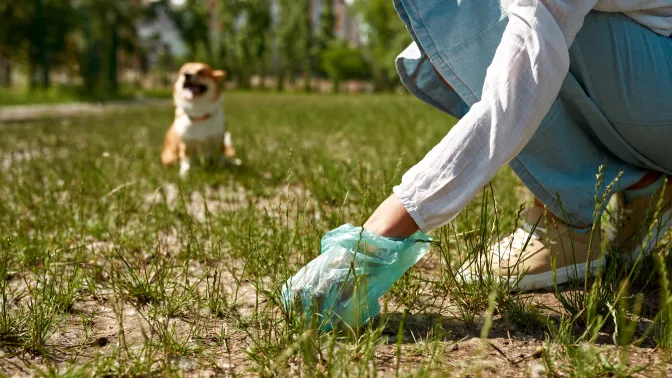Kochi, often celebrated for its beauty, heritage, and vibrant lifestyle, is facing an unexpected civic challenge that reflects the growing pains of urbanisation. As the city evolves into a bustling metropolis, a significant issue is emerging: pet waste being left in public spaces like streets, parks, and walkways. Despite Kochi’s reputation for cleanliness and modern living, the failure of some pet owners to clean up after their animals has raised concerns among sanitation workers and civic authorities.
Sanitation workers from various parts of Kochi, such as Perumanoor and Palarivattom, have voiced frustration over the increasing trend of pet owners leaving their dog’s waste unattended. According to these workers, many of the offenders are affluent, well-educated individuals who fail to recognise the importance of responsible pet ownership. “It’s not the dogs we are upset with, but the owners who neglect to clean up. They often argue that it’s the workers’ responsibility, which shows a lack of basic decency,” shares a sanitation worker, requesting anonymity. This attitude reflects a broader issue of civic responsibility in urban spaces, with many residents turning a blind eye to the impact of their actions on others.
To address this growing concern, local civic bodies have called for a combination of awareness campaigns and stricter enforcement. Haritha Karma Sena district coordinator highlights that while pet waste may seem trivial, it has serious implications for public health and hygiene. “The offenders are often from well-to-do families, yet they treat the issue casually, not realising the harm it causes,” she states. Similarly, community leaders from organisations like the Ernakulam District Residents Association are pushing for campaigns that urge pet parents to be more responsible.
In terms of sustainability, the issue of public pet defecation aligns with the need for cities to become more environmentally conscious. With public spaces increasingly being shared by humans and pets, it’s essential that pet owners act responsibly. In the face of growing urbanisation, Kochi must focus on creating designated pet-friendly zones, where pets can relieve themselves without disrupting the community. Additionally, encouraging proper pet training and promoting the use of waste bags will help mitigate the impact of such unsanitary practices. A coordinated effort to make the city cleaner will ensure that future generations inherit a healthier and more sustainable environment.


